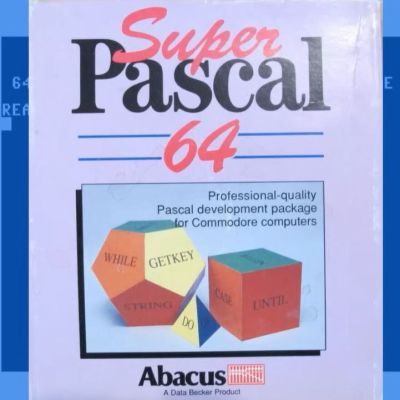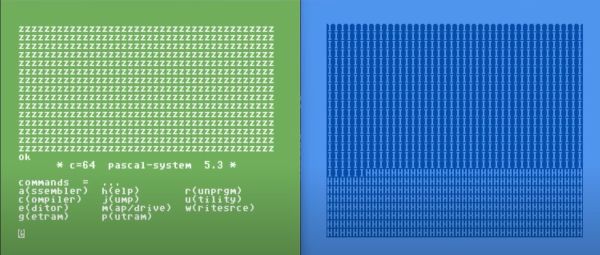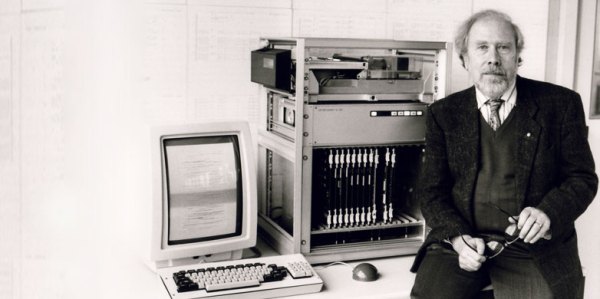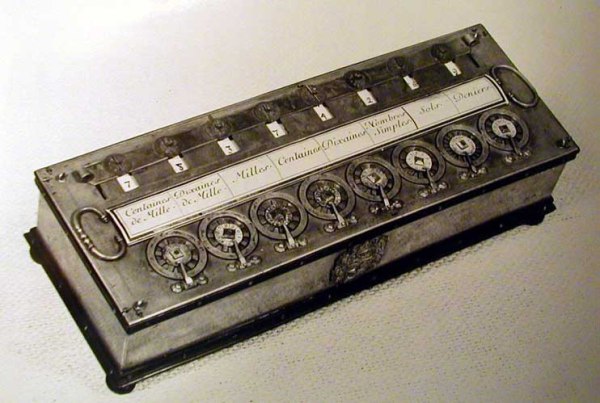
Most people associate the Commodore 64 with Commodore BASIC and precompiled applications, but it also had a number of alternative development environments produced for it. One of these was Super Pascal 64 by Abacus. A solid introduction to this software package is provided in a video tutorial by [My Developer Thoughts] on YouTube. This uses the Abacus Super Pascal 64 software and manual from the [Lyon Labs] website, which incidentally has a lot more development environments and operating systems for the C64 listed for your perusal.
Abacus’ Super Pascal supports the official Pascal language, requiring nothing more than a Commodore 64 and two Commodore 1541 floppy disk drives to get started. One FDD is for the Super Pascal software, which boots into the development environment, the other FDD and the disks in it are the target for the current project’s source code and compiled binary. Although the lack of support for FDDs other than the 1541 is somewhat odd, this comes presumably from the operating system nature of the development environment and the 1541 being by far the most common FDD for the C64.
Continue reading “Developing In Pascal On The Commodore 64 With Abacus Super Pascal 64”















